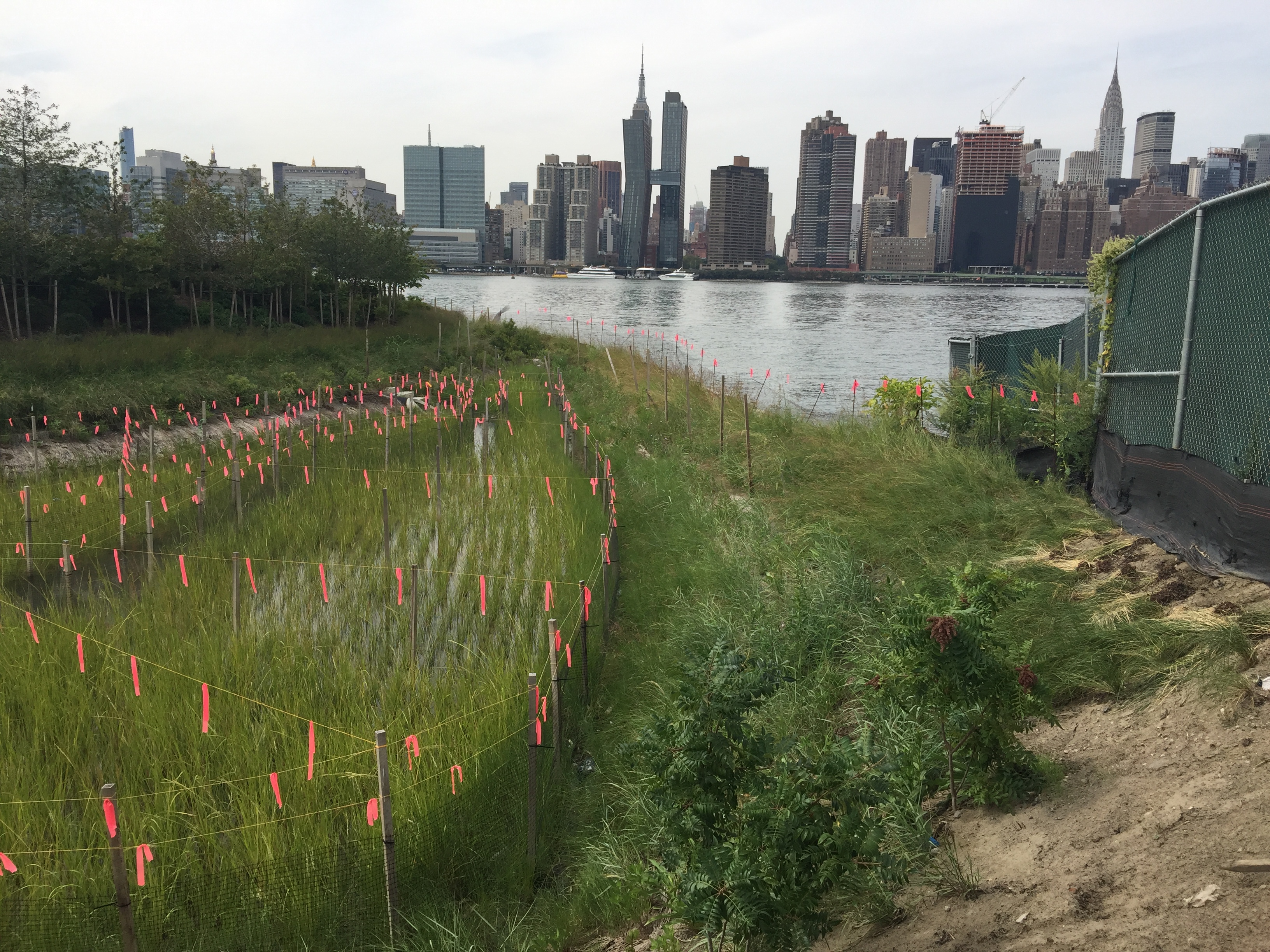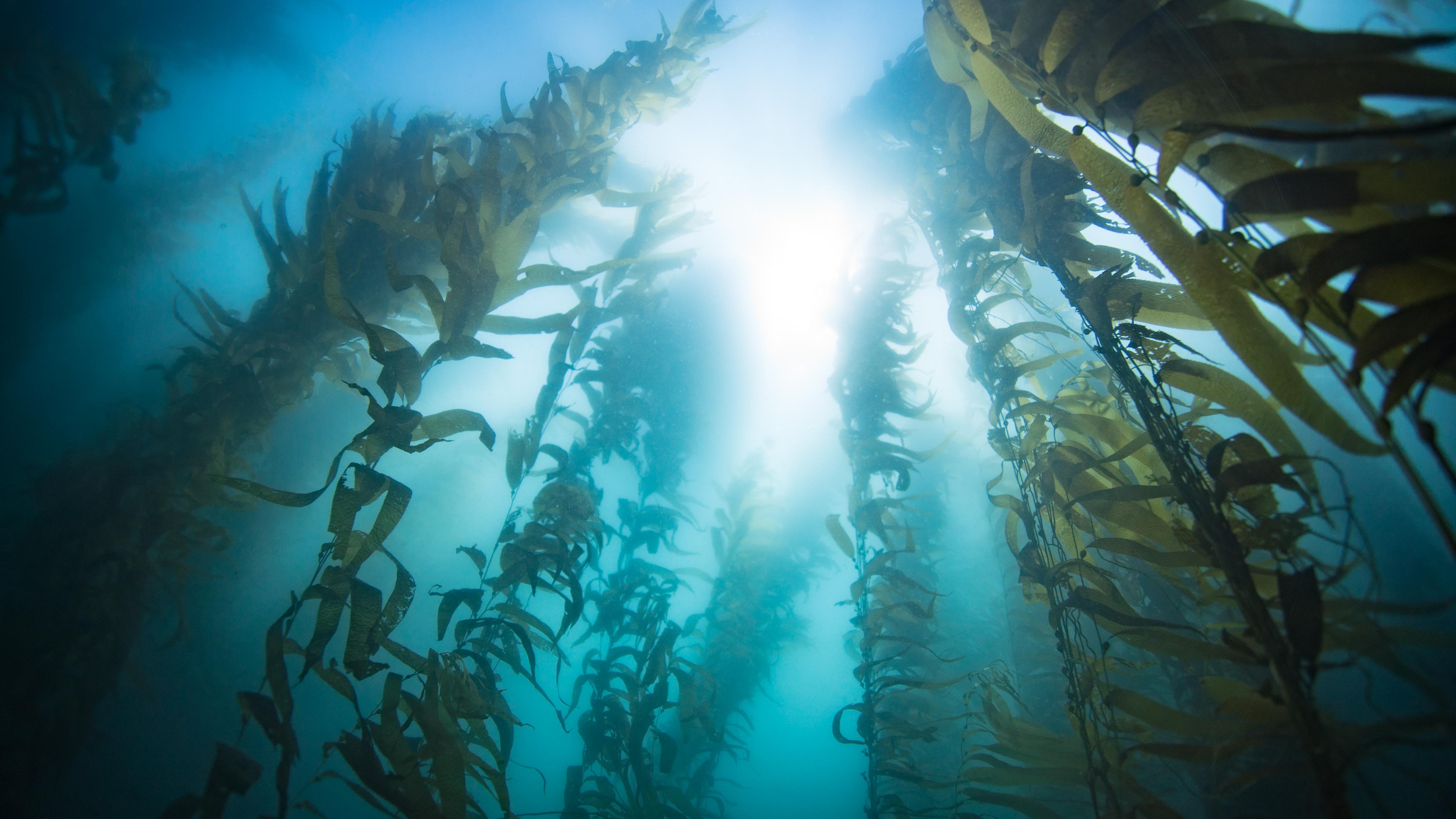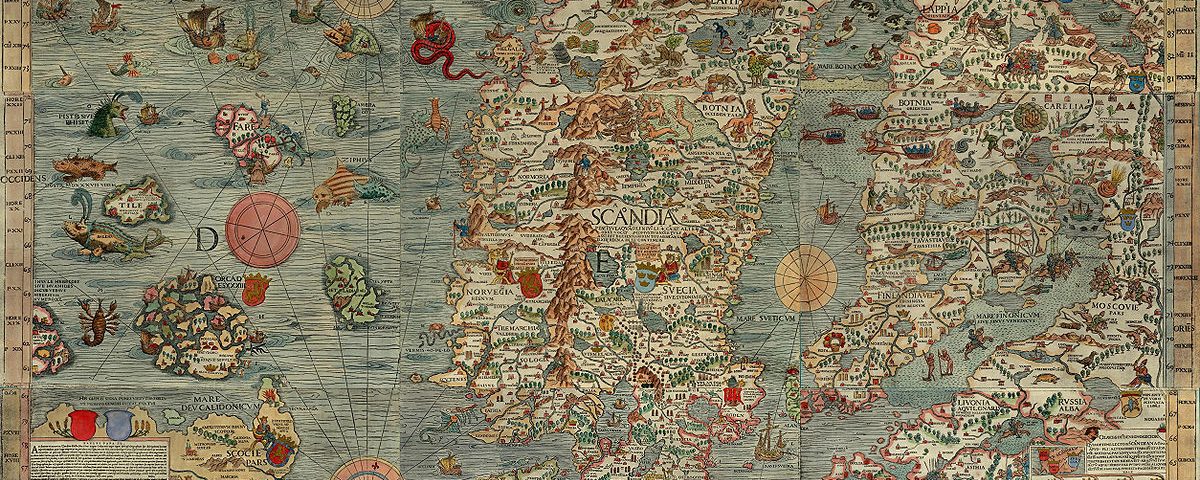
Hunter’s Point South Phase II – Best Urban Landscape Project
February 26, 2019
Australia’s Other Reef
March 14, 2019by Liz Clift
It’s been a while since we posted about podcasts—which are a great way to learn new information, hear other people’s stories, or catch up on the news—so we decided it’s time to post about them again. But this time we want to do it differently.
Here are some podcast episodes we’ve loved that have a nexus with spending time outside or improving/bolstering our understanding of the more-than-human world. There are plenty of podcasts available if you want the entire focus to be about the outdoors or ecology. This isn’t that. This time we’ll highlight particular episodes of podcasts that may be centered on science—or for which science may only be a small part of their focus.
Think of these as “tasters” for podcasts you may or may not already know—and which may or may not always focus on the outdoors, ecology, or related topics.
Podcast: Lore
Episode: 108 – Debris
Family Friendly?: Yes
Summary: Anyone familiar with Lore knows that host, Aaron Mahnke, does his research (with assistance from Marcet Crockett) on folklore. This episode focuses on our oceans—and the monsters we find within them. He covers tales of “sea monsters” that actually come with some pretty reasonable explanations, but also offers insight into the human psyche and why we create such mysteries around the depths of our oceans.
Podcast: StoryCollider
Episode: December 15, 2015 Adam Foote: The Sea Urchin Massacre
Family Friendly?: More or less (mentions sea urchin sex)
Summary: StoryCollider’s narrators tell true, personal stories about science. In this episode, Adam Foote wants to get sea urchins (shipped from San Diego) into Pittsburgh during a polar vortex. Unsurprisingly, things don’t go exactly as planned.
Podcast: The Moth
Episode: Butterflies Beneath the Ice
Family Friendly: Yes
Summary: James McClintock discusses polar diving from the perspective of a chemical ecologist—and what it was like to dive under eight feet of sea ice—including seeing a collage of corals, urchins, and other animals. Things change when he sees a shrimp wearing a little orange backpack.
Podcast: Good Job Brain
Episode: 21 – Plants are Messed Up
Family Friendly: Yes
Summary: As a family friendly trivia podcast, Good Job Brain episodes are generally filled with nuggets of trivia coupled with some story-telling. This episode focuses on the bizarre world of plants. If you like this one, you’ll also want to check out Episode 10 – Animals are Weird (and it may make you think differently about some of your favorite sweet treats).
Podcast: Sawbones
Episode: Poison Ivy
Family Friendly: Yes
Summary: She’s a medical doctor, he plays a goofball who doesn’t understand things—but together this husband and wife team dissect weird aspects of medical history (and sometimes the(?) medical present). In this episode, they explore the medical history of poison ivy—which pretty much anyone who works in the field tries to avoid, since it can cause skin irritation (or worse for some people). You might be surprised by how it has been used in the field of medicine.
Podcast: Science for the People
Episode: 494 – The Tangled Taxonomic Tree
Family Friendly: Yes
Summary: You might still think about the tree of life or the evolutionary tree—but science has moved on to something much more complex. This podcast explores the tangled web of taxonomy in an accessible way.
Podcast: Undiscovered
Episode: The Long Loneliness
Family Friendly: Yes
Summary: Thousands of people each year spend a collective $2B annually to watch whales—but we haven’t always been so enamored with these massive creatures. In fact, Americans used to think of whales as the raw materials for margarine, animal feed, and fertilizer. This podcast explores what changed in the ways we think about these mammals.
Podcast: Escape the Zoo
Episode: Amber Jackson + Emily Hazelwood – Rigs-to-Reefs
Family Friendly: Yes (but fairly scientifically technical)
Summary: Great Ecology associates Amber Jackson and Emily Callahan Hazelwood discuss the transformation of oil rigs into productive reefing structures—which can provide valuable habitat for a variety of marine life. They also discuss how removing an entire “platform jacket” from one of these oil rigs can completely collapse the small ecosystem that formed around the rig. If you want to learn more about their work with converting rigs to reefs, check out their website or listen to their interview on Ocean Alison. They also appeared on Living Lab on NPR.
Podcast: On Being
Episode: Robin Wall Kimmerer – The Intelligence in All Kinds of Life
Family Friendly: Yes
Summary: Robin Wall Kimmerer provides an interview to Krista Tippet about the beauty and intelligence of the more-than-human world, including a discussion about how she became interested in pursuing science in a way that assumes part of the world’s beauty is through evolution. As an example, Kimmerer speaks about the combination of asters and goldenrods in a field, which appear beautiful to people because of their contrasting colors—but which also help attract more pollinators than either plant would alone. If you’ve read (or heard about) Braiding Sweetgrass or Gathering Moss, you’ll want to listen to this interview.
What podcast episodes that are related to ecology, biology, marine science, or botany have you particularly enjoyed? Remember, the goal isn’t that every episode of the podcast be focused on some branch of ecological science (although that may be true), but to find good podcasts that also include a solid basis in science or story-telling. Please link to your favorite episodes on your Facebook page about this blog!

